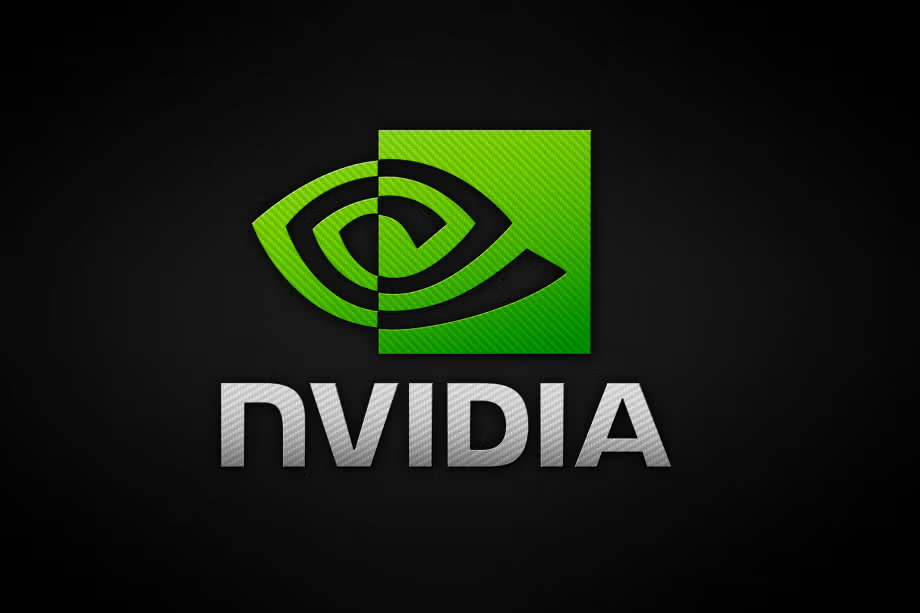Nvidia's recent earnings report has injected a dose of optimism into the market, alleviating concerns about a potential artificial intelligence (AI) bubble and reinforcing the company's position as a market leader. The chipmaker's robust financial results, highlighted by a 62% year-over-year increase in revenue to $57.0 billion, have exceeded investor expectations and demonstrated the sustained demand for AI infrastructure.
Financial Performance and Market Reaction
Nvidia's Q3 2025 earnings showcased its dominance in the AI accelerator market. The data center segment, which includes AI accelerators and cloud computing solutions, accounted for a significant $51.2 billion of the total revenue, marking a 66% year-over-year growth. This impressive performance underscores Nvidia's strategic focus on AI, where its graphics processing units (GPUs) power various applications, from generative AI models to enterprise analytics.
Following the release of the earnings report, Nvidia's shares experienced an initial surge of 5%. This positive market reaction reflects investors' confidence in Nvidia's ability to capitalize on the growing AI trend and maintain its leadership position. Moreover, the company's forecast for Q4 revenue of approximately $65 billion further solidified its strong growth trajectory.
Addressing AI Bubble Concerns
The stellar earnings report has played a crucial role in quelling fears of an AI bubble. Amidst concerns about inflated valuations and unsustainable investments in the AI sector, Nvidia's performance has provided tangible evidence of the real-world demand for AI technologies and the company's ability to generate substantial profits. CEO Jensen Huang addressed these concerns directly, emphasizing that Nvidia is foundational to the ongoing AI transformation and that the company excels in every phase of AI, from pre-training to inference.
Market Leadership and Competitive Landscape
Nvidia's dominance in the AI chip market is evident in its estimated 80% market share. The company's cutting-edge H100 and Blackwell GPUs offer unparalleled performance for training large language models and deploying AI at scale, solidifying its position as the industry standard. While competitors like AMD and Intel are making strides, Nvidia's comprehensive ecosystem, encompassing software, partnerships, and hardware innovation, remains unmatched.
Factors Driving Nvidia's Success
Several factors contribute to Nvidia's continued success in the AI market:
- Strong demand for AI infrastructure: The increasing adoption of AI across various industries drives the demand for Nvidia's GPUs and related technologies.
- Technological leadership: Nvidia's GPUs and software platforms, such as CUDA, provide a significant advantage in terms of performance and ease of use.
- Strategic partnerships: Nvidia has forged partnerships with key players in the AI ecosystem, including OpenAI, Anthropic, and xAI, further strengthening its position.
- Shareholder returns: Nvidia's commitment to returning value to shareholders through stock buybacks provides solid support for its stock price.
Challenges and Risks
Despite its strong position, Nvidia faces certain challenges and risks:
- Competition: The AI chip market is becoming increasingly competitive, with AMD, Intel, and other players vying for market share.
- Customer concentration: A significant portion of Nvidia's revenue depends on a few hyperscaler customers, which could pose a risk if these customers reduce their spending.
- Geopolitical risks: Tensions between the US and China could impact Nvidia's ability to sell its products in the Chinese market.
- Valuation concerns: Some analysts believe that Nvidia's stock is overvalued, raising concerns about a potential correction.
Future Outlook
Despite these challenges, Nvidia's future outlook remains positive. The company is expected to continue to benefit from the growing AI trend, with analysts forecasting strong revenue growth and continued market leadership. Nvidia's focus on innovation, strategic partnerships, and shareholder returns positions it well for long-term success in the AI era. The company has booked US$500bn in AI chip orders through 2026, reflecting sustained global demand. However, investors should carefully monitor the risks and challenges facing the company to make informed investment decisions.


















